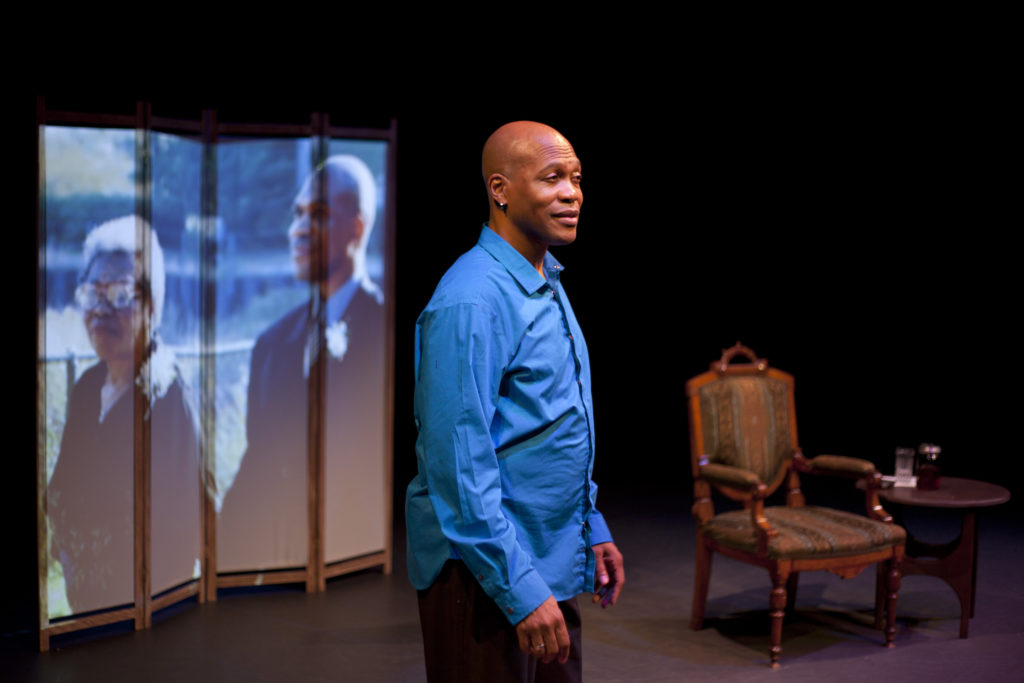One of oral history’s greatest strengths as a field is its interdisciplinarity.
For fifty years now, OHA has been a meeting ground for oral history practitioners from both within and outside the academy: a unique space for professors, public historians, archivists, educators, activists, museum curators, documentarians, artists, digital humanists, journalists, playwrights, and more. While we may not all share the same professional lingo, we do find common ground as a community of listeners.
Saturday’s plenary at OHA@50 will explore the impact of interdisciplinarity on oral history practice and praxis.
- What informs oral history’s standards of ethics and rigor?
- What inherent tensions exist among scholarly disciplines, commitments to social justice, and oral history methodology?
- What does it mean to decolonize ourselves, our institutions, our movements, our practices?
The plenary will feature:
Nan Alamilla Boyd, Professor of Women and Gender Studies at San Francisco State University. She teaches courses in the history of sexuality, queer theory, historical methodology, and urban tourism. Nan has also been a long-time volunteer at the GLBT Historical Society in San Francisco. She founded the Historical Society’s oral history project in 1992. She isauthor of Bodies of Evidence, the Practice of Queer Oral History (Oxford UP, 2012), co-edited with Horacio N. Roque Ramírez (1969-2015); and Wide Open Town: A History of Queer San Francisco to 1965(University of California Press, 2003).
Roxanne Dunbar-Ortiz, historian, memoirist, feminist, and human rights activist. She grew up in rural Oklahoma, daughter of a landless farmer and half-Indian mother. Her paternal grandfather, a white settler, farmer, and veterinarian, had been a labor activist and Socialist in Oklahoma with the Industrial Workers of the World. Her books include Outlaw Woman: Memoir of the War Years, 1960-1975 (University of Oklahoma Press, Revised, 2014); The Great Sioux Nation: An Oral History of the Sioux Nation and its Struggle for Sovereignty (Moonbooks; Second Printing edition, 1980); and most recently, An Indigenous Peoples’ History of the United States (Beacon Press, 2014).
E. Patrick Johnson, the Carlos Montezuma Professor of Performance Studies and African American Studies at Northwestern University. A scholar, artist, and activist, Johnson has performed nationally and internationally and has published widely in the area of race, gender, sexuality and performance. His books include Appropriating Blackness: Performance and the Politics of Authenticity (Duke UP, 2003); and Sweet Tea: Black Gay Men of the South—An Oral History (University of North Carolina UP, 2008).He is currently at work on the companion text to Sweet Tea, entitled, Honeypot: Black Southern Women Who Love Women—An Oral History.
This panel will be moderated by past OHA President, Donald A. Ritchie. He is Historian Emeritus of the United States Senate, author of Doing Oral History: A Practical Guide (Oxford UP, 2003); and editor of The Oxford Handbook of Oral History (Oxford UP, 2010).
